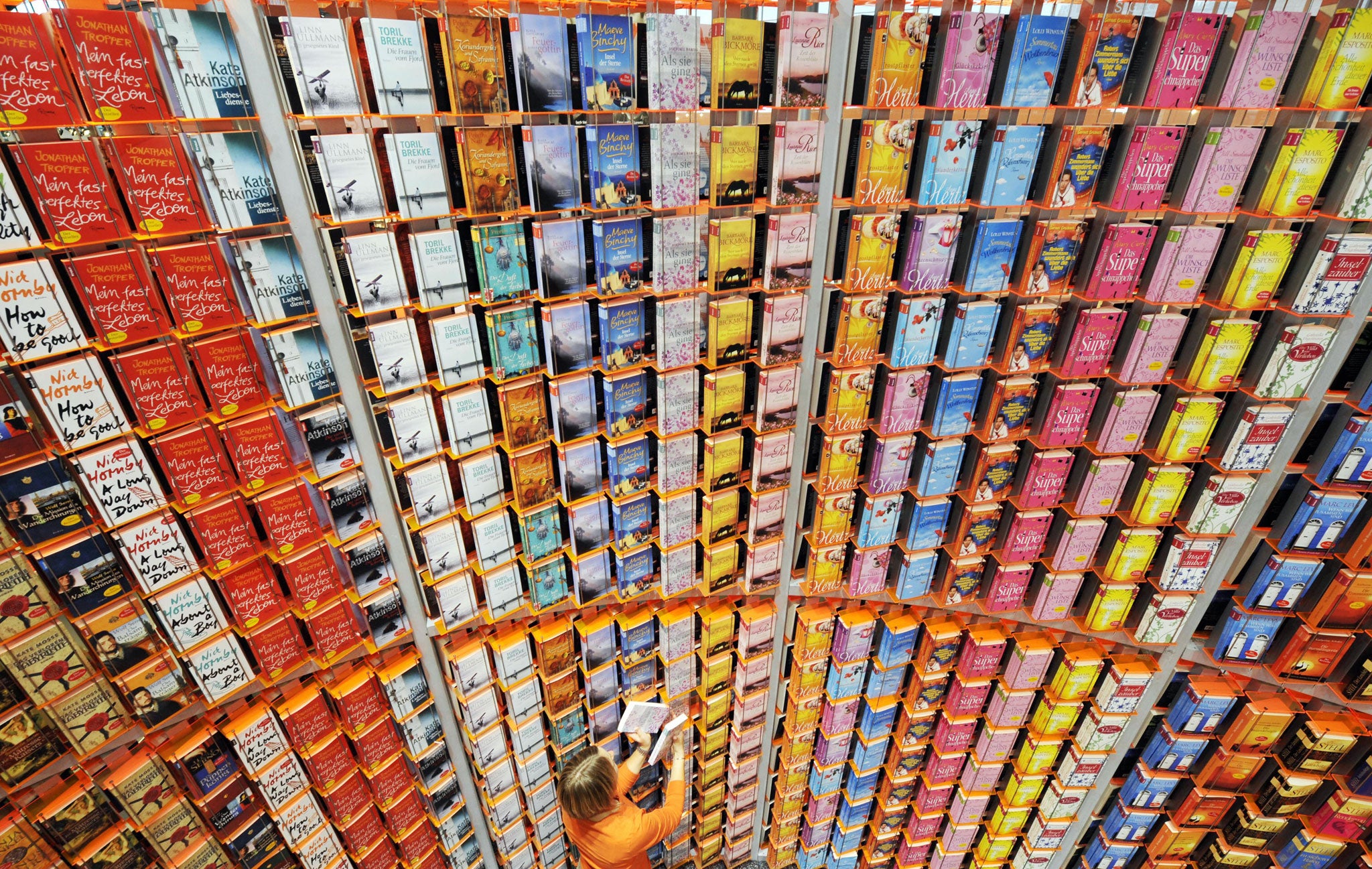Your support helps us to tell the story
From reproductive rights to climate change to Big Tech, The Independent is on the ground when the story is developing. Whether it's investigating the financials of Elon Musk's pro-Trump PAC or producing our latest documentary, 'The A Word', which shines a light on the American women fighting for reproductive rights, we know how important it is to parse out the facts from the messaging.
At such a critical moment in US history, we need reporters on the ground. Your donation allows us to keep sending journalists to speak to both sides of the story.
The Independent is trusted by Americans across the entire political spectrum. And unlike many other quality news outlets, we choose not to lock Americans out of our reporting and analysis with paywalls. We believe quality journalism should be available to everyone, paid for by those who can afford it.
Your support makes all the difference.To read or not to read? Booktrust this week published a new study of our reading habits as a nation, and a separate piece of research looking at reading and social mobility over the last 100 years. They suggest a worrying cultural divide in our relationships with books. A quote from one respondent symbolises both the challenges and opportunities that reading offers: “the fact is, its 2013 not 1813. We have electricity now so we can buy DVDs and watch television rather than read books. Books are for an older generation, younger people on the whole do not read books.“
Hardly surprising you might say. It does indeed throw down a gauntlet for book lovers, and for those who believe in the power of reading. Half of the 1,500 people surveyed said they would rather watch TV or a DVD than read a book. Of particular concern is that those who never read live in more deprived areas, with higher proportions of children in poverty.
Yet readers are overwhelmingly positive about the impact it has - about half said they read daily or weekly. 76 per cent say that reading improves their life and the same number say it makes them feel good. People who read are significantly more likely to be happy and content about what they’re doing in life too. This is a good news story about the benefits of reading. Rather than threatening books, technology opens up new opportunities to access them – sharing the advantages. The reality is that with busy lives, many of us will want to use our downtime to enjoy all types of media. The concern is that those who choose not to read include many who could most benefit in terms of impact on life chances and wellbeing.
All this is a strong basis on which to campaign rigorously for reading. The evidence is clear: it ‘rubs off’ in the home. If children are read to and encouraged to read, they are more likely to read as adults and read to their own children. So, good habits are essentially passed down through generations. The home and family are therefore crucial in developing a love of reading for pleasure, building confidence, character and self-reliance. That’s exactly why Booktrust focuses on giving books early in life and supporting parents with resources.
It’s crucial that publishers and charities have a dialogue with Government – to both debate and create a more socially-mobile society. The gift of reading, in whatever form, is one of the most transformative presents imaginable. Of course nobody would claim books alone change lives, or that reading is a one-size fits all solution to the intractable challenges holding back social mobility. Neither is this about denying people a leisurely evening on the sofa watching a film. However, as the Government consults on its Child Poverty Strategy, a coordinated plan to ensure every child can benefit from books and the opportunities that reading for pleasure brings must be a key component. Let’s break the glass ceiling with books.
Viv Bird is Chief Executive of Booktrust

Join our commenting forum
Join thought-provoking conversations, follow other Independent readers and see their replies
Comments